The Google v News standoff in Australia (the Media Bargaining Code)
What is it and how will it affect our sites and searches?
During a recent podcast with SEO expert, Kate Toon, John Mueller, Webmaster Trends Analyst at Google, advised that the Google / News Industry negotiations here were simply a matter of Google wanting to protect access to ‘Links’ on the web- it’s what makes the web work, after all.
’Google’s first priority is a workable code…not just for us but for the internet as well. It’s not really about paying for news but rather it’s about paying to link. The web is built on the freedom to link, and we can’t really operate in a place where publishers expect us to pay for the privilege of sending them traffic.”
This is partly true, but quite a radical simplification. What is truly being tested here is Google’s monopoly as a search engine, and a subsequent duty to the creators of content when they deliver so much information in their ‘Featured Snippets’ that users don’t need to click through to the content creator’s site.
What are featured snippets and what is its relationship in this ‘Monopoly’ discussion:
Featured snippets are ‘position 0’. They are the framed window of content that appears above ads, above search results – they’re search engine catnip and what we should all aspire to in our organic SEO.
For news organisations, however, they are a potential death knell. At 40-50 words in length, they can be all someone needs on an issue, without the user having to click through to source. No click throughs means no traffic. No traffic means no advertisers… As google is the monopoly search engine (roughly 95% market share) featured snippets are what 95+% of users see for that topic – they are delivering content written by news providers, for free. Because of this, Australian news is saying they should pay for content.
A deal between Google and news publishers was struck in France , that fell way short of what publishers were asking (120 French media companies to be paid €90 million ($142 million) over three years – SMH ). A workable outcome is yet to be agreed here, but whatever happens here, this is a wakeup call to think about how all of our sites would operate without google to deliver our businesses when people input our names, or the keywords for which we’ve optimised
It’s a clarion call that we should all be nurturing our email list, delivering good content to our customers and making sure that the ‘personal’ is delivering repeats sales, good word of mouth and we are as good as ‘search engine agnostic’. At the very least, make sure you’re Bing verified (the easiest way to do this is via the Yoast SEO plugin, or if you’re on a platform other than wordpress, click here for information from Bing on how to do this)
Search engine agnostic:
The best way to be search engine AND social media agnostic is to know your audience and give them what they are seeking. All search engines – Bing, Duck Duck go, Google, are in the business of answering user queries in the best way they can, building trust with users to make them use their tool. As John Mueller advises later in the same podcast:
“Understand your audience, what they care about, how they interact with the web and the product or services that you’re offering. Make sure that the things you’re providing match what they’re actually looking for… is unique in your area, and matches your unique capabilities.”
If you have any questions about the Google/News ‘Media Bargaining Code’, or if you need help getting Bing verified or focusing your message so you’re search engine ready no matter what happens with Google, please contact me.
 EMAIL
EMAIL CALL
CALL